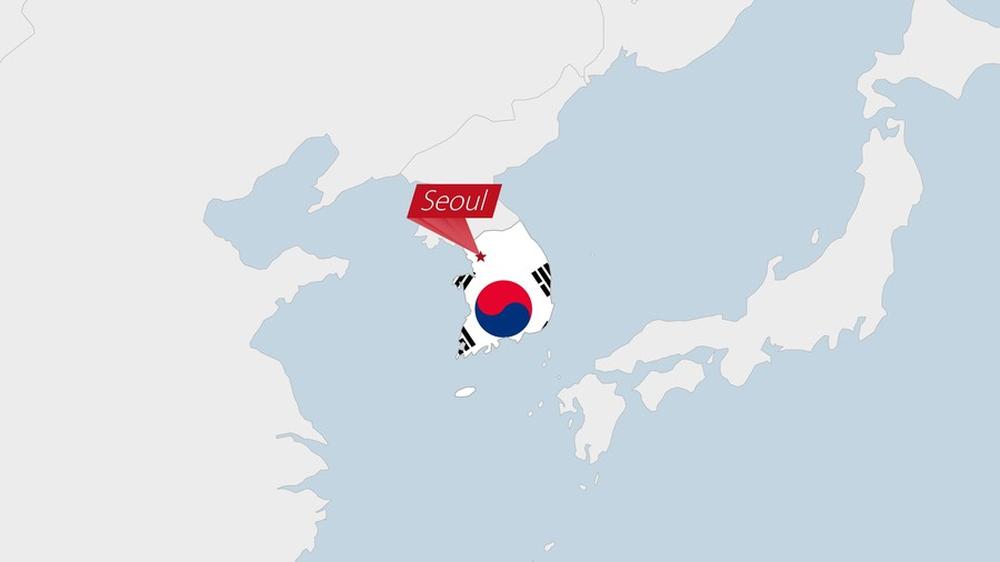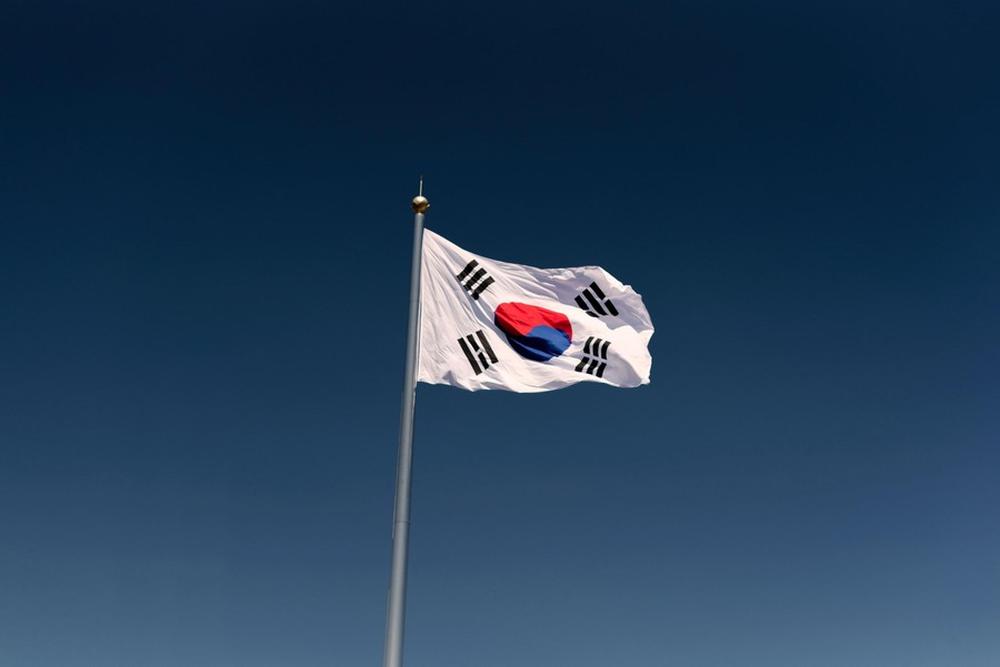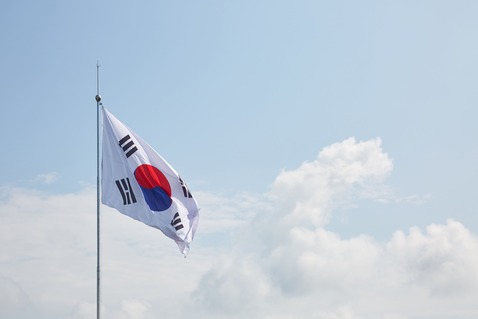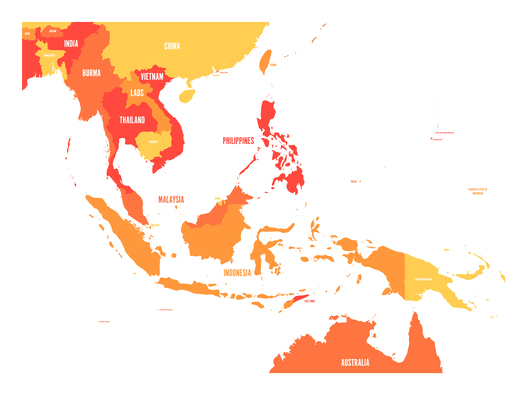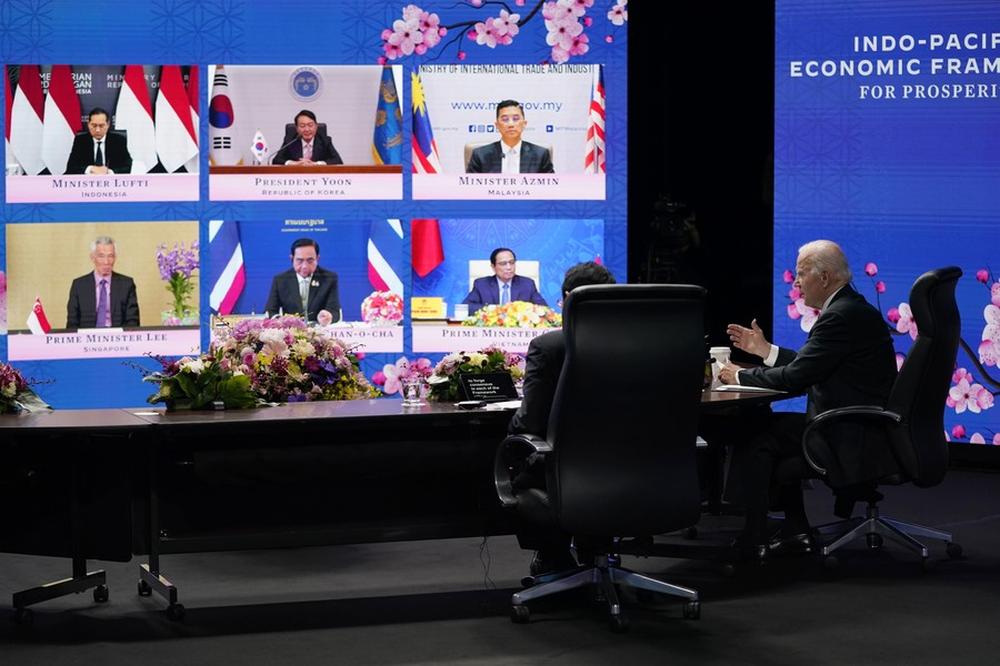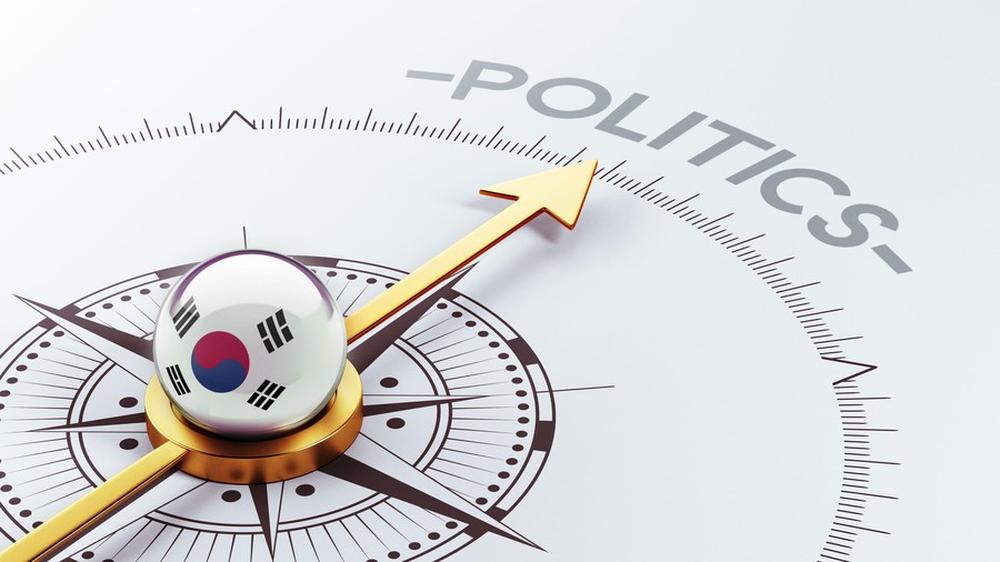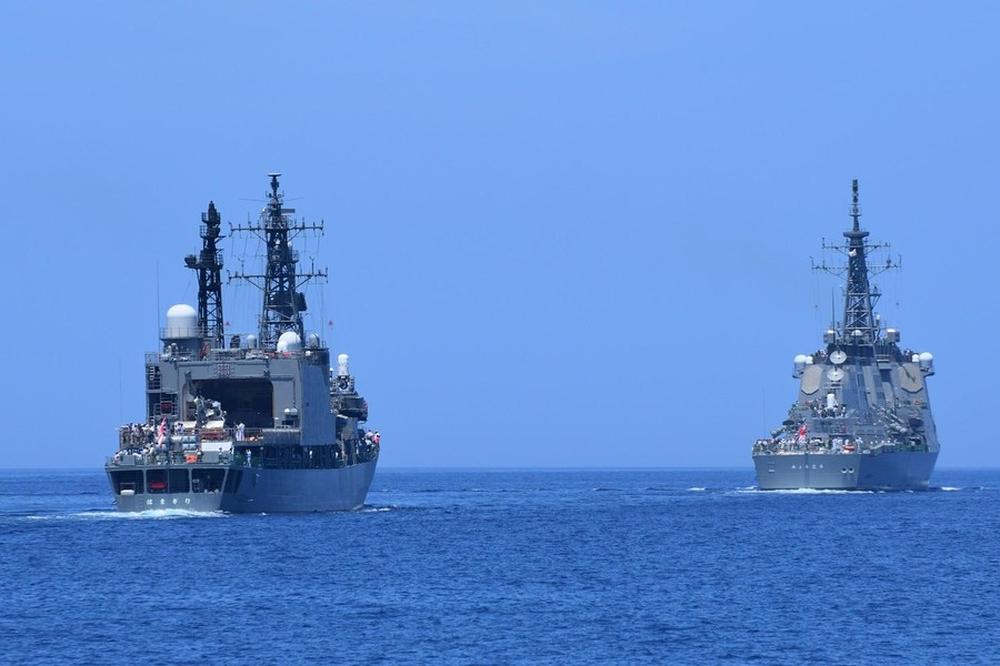- #China-US Competition
- #Multilateral Relations
- #US Foreign Policy
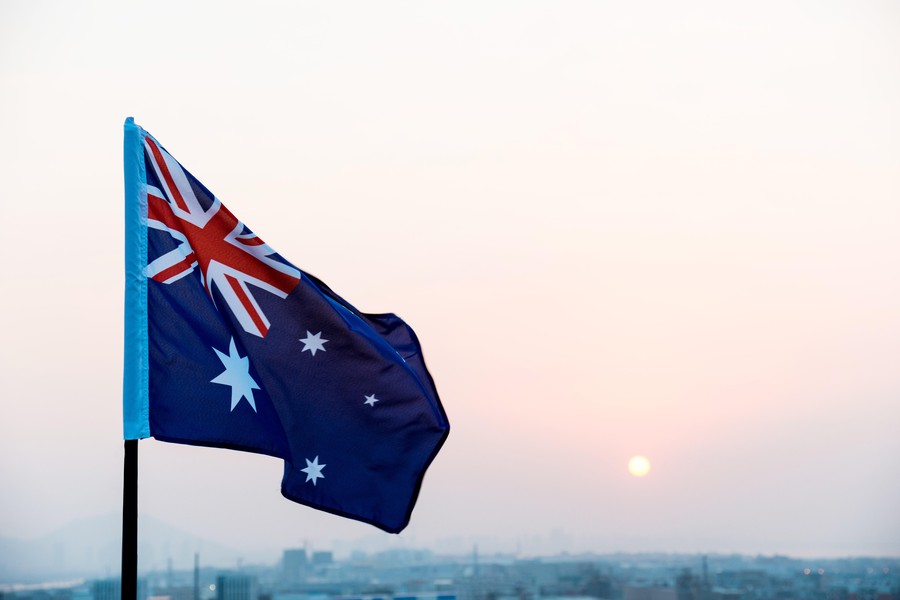
►Australia and South Korea are middle powers in the region, are treaty allies of the US, and count China as their biggest trading partner. Despite these parallels, the Indo–Pacific concept has played markedly different roles in the foreign and security policies of the two countries.
►For Australia the Indo–Pacific has become what prominent security analysis Graeme Dobell has termed the ‘reigning geographic construct’. In recent years Australian leaders have explicitly used the Indo–Pacific concept to describe their visions of the region.
►If Australia has developed a ‘full-strength’ version of the Indo–Pacific concept for its foreign policy, then South Korea has so far adopted the concept less conspicuously.
The ‘Indo–Pacific’ concept has become increasingly influential in geo-political and geo-economic debates in the past two decades, although the term has not yet achieved the degree of consensus that pertains to more familiar concepts such as the Asia–Pacific or East Asia. The term is a ‘Rorschach test’ of sorts: it tells us how that country sees its place in the world – and specifically within the vast space stretching from the western shores of the Indian Ocean via Southeast Asia to the eastern edges of the Pacific.
Australia and South Korea are middle powers in the region, are treaty allies of the US, and count China as their biggest trading partner. Despite these parallels, the Indo–Pacific concept has played markedly different roles in the foreign and security policies of the two countries.
This is because Australia has long embraced conceptions of the region that emphasize the Pacific Ocean, and more recently the Indian ocean too. Unlike concepts based solely or largely on ‘Asia’, Australia can readily claim inclusion and relevance to groupings based on these oceanic concepts. For South Korea, by contrast, former President Kim Dae-jung and his followers have embraced East Asia regionalism. ‘Asia’ has been a stronger identifier and marker of regional identity; the Pacific has been comparatively less central to their strategic thinking.
Australia’s approach to the Indo–Pacific
For Australia the Indo–Pacific has become what prominent security analysis Graeme Dobell has termed the ‘reigning geographic construct’. In recent years Australian leaders have explicitly used the Indo–Pacific concept to describe their visions of the region. The Indo–Pacific concept is a geographical term, literally meaning the confluence of the Indian and Pacific Oceans. When the word ‘strategy’ is added to the ‘Indo–Pacific’, it refers to the building of a US-led coalition in the region to balance against the power of China. For Australia, the Indo–Pacific strategy has at least three main components.
First, Australia has embraced membership in the Quadrilateral Security Dialogue (‘Quad’), an informal grouping whose other members are India, the United States, and Japan. In what Lavina Lee refers to as the ‘incremental deepening’ of the Quad, an annual ‘Leaders’ Summit’ has been held since 2018, while ‘Quad-plus’ meetings have brought the four core members together with New Zealand, South Korea, and Vietnam (2020), and Israel and Brazil (2021).
Second, Australia has followed its Quad partners Japan and the US in adding the adjectives ‘free and open’ to the Indo–Pacific. In doing so, they imply a clear preference for how, and by and for whom, the region will be governed. Unlike the Asia–Pacific concept, which grants a central place to the Asian continent and especially to China, the Indo–Pacific dilutes Asia’s – and thus China’s – importance and raises that of India. It bolsters the case for continued American leadership and creates agency for middle powers such as Australia.
Third, the Indo–Pacific has become a new guiding principle for regional institutional building, a broader notion of regionalism than that of Asian regionalism. Australia has joined the US and 11 other partner countries in launching the Indo-Pacific Economic Framework (IPEF). Notably, Australia is comfortable talking about regionalism even without mentioning the word ‘Asia’, thus, diluting the influence of ASEAN and marginalizing its centrality. However, institutionalizing the Indo–Pacific has caused controversy and will lead to further controversy and complexity.
South Korea’s approach
If Australia has developed a ‘full-strength’ version of the Indo–Pacific concept for its foreign policy, then South Korea has so far adopted the concept less conspicuously. There has been some speculation that South Korea might apply for Quad membership in recent years, but this appears to be unfeasible on the grounds that it would be too provocative to China. President Yoon Suk Yeol has declared his ambition for South Korea to be a ‘global pivotal state’, and his government has announced its interest in taking part in the Biden administration’s IPEF. However, these gestures have to date fallen short of full-scale entry to the Quad process. Unlike Australia, which is a full member of the group, South Korea seems likely to remain in the ‘Quad-plus’ club for the foreseeable future.
By remaining outside the Quad, South Korea avoids positioning itself explicitly as opposed to China and is aligned with the US. As noted above, the Yoon administration has emphasized the economic aspects of the Indo–Pacific concept, such as efforts to improve the reliability of supply chains. Similarly, South Korea might justify its interest in the concept through reference to the BRI and the Regional Comprehensive Economic Partnership, two region-wide initiatives. South Korea has benefited from overlapping and hybrid regionalism in the past, IPEF can be seen as another form of hybrid regionalism.
Nonetheless, South Korea has not needed the Indo–Pacific strategic concept to frame its own efforts to enhance security cooperation with the US. In early 2022, for instance, South Korea joined a cyber defense initiative developed by NATO. South Koreans overwhelmingly believe that the US is crucial to ensuring the stability of the Korean Peninsula. Yoon met his American counterpart twice within his first two months in office, and the new government has also signaled that it will not remove the THAAD system despite China’s objections. Remaining outside the Quad and eschewing the language of the Indo–Pacific strategy thus offers South Korea some useful ambiguity in how it engages with the two superpowers – an ambiguity that is less readily available to Australia.
The different variants of Indo–Pacific thinking operating in the two countries can also be seen in how the concept informs foreign policy priorities and partnerships. Whereas the Quad is a ‘minilateral’ process that is helping Australia to adjust to the increasingly assertive foreign policy stance of the Xi Jinping government, South Korea’s attempts to deal with precisely the same challenge have been inhibited, among many other factors, by its poor relations with its near neighbor Japan. Gallup Korea has detected some modest improvement in South Korean sentiment towards Japan in 2022, but not enough to encourage the degree of policy coordination that has been emerging within the Quad grouping in recent years. However, South Korea has an impressive and substantial record of cooperation with India and the US, which to some extent compensate for the unpursued synergies of its relations with Japan.
Regardless of how South Korea designs its Indo–Pacific strategy in the next few years, it will inevitably face many of the same regional challenges as countries like Australia. In the very short-term, an open question will be what assurances the Biden administration can and will offer to Taiwan to ensure its security, or whether the island will be formally absorbed into China. Treaty allies such as Australia and South Korea will pay close attention to American policy in this regard, and it would be in the interests of these smaller powers to consult closely on the optimal path ahead.
Biography Link for Professor David Hundt : https://www.deakin.edu.au/about-deakin/people/david-hundt Biography Link for Professor Baogang He : https://www.deakin.edu.au/about-deakin/people/baogang-he

